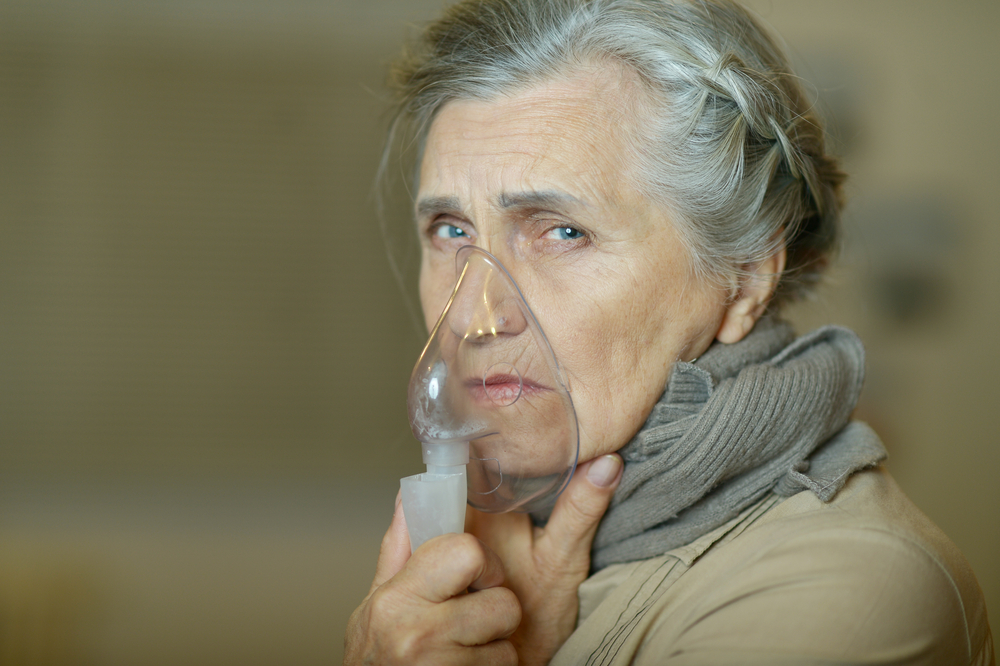 The National Institute on Aging has awarded a $2.3 million research grant to support a project by investigators at the University of Louisville School of Nursing focused on studying both personal and environmental factors that impact the development of asthma in older adults.
The National Institute on Aging has awarded a $2.3 million research grant to support a project by investigators at the University of Louisville School of Nursing focused on studying both personal and environmental factors that impact the development of asthma in older adults.
Asthma is a chronic inflammatory lung condition that can provoke severe medical complications in patients older than 60 years. The most common symptoms are coughing, wheezing, chest tightness and shortness of breath, but there is little knowledge about the factors that trigger it in seniors. An interdisciplinary research team led by Barbara Polivka, PhD, who serves as Shirley B. Powers Endowed Chair in Nursing, aims to investigate these causes.
“Asthma is a complicated health problem as it’s considered a collection of various characteristics verses a single disease,” Polivka said in a press release. “This study is novel because until now there has been no comprehensive measurement of the many biophysical factors, along with environmental exposures that impact asthma control and quality of life in older adults.”
The five-year study is expected to include 190 non-smoking participants who are 60 years or older and who suffer from asthma but no other lung disease. The investigation will analyze data regarding demographics, health history, occupational exposures, age of disease at asthma beginning and duration, tobacco consumption, other illness prevalence, medication and individual understanding of the disease of each patient.
[adrotate group=”11″]
In order to understand the influences of asthma in the patients, the researchers are going to study blood-work, pulmonary function and skin-allergies. In addition, the chemical emissions in the most common outdoor and indoor materials and allergens that can cause the development of the disease will also be measured.
This is the first time that a study will analyze the influence of these volatile organic compounds (VOCs) in seniors, as these are present in cleaning products, room fresheners, polishes, carpets, solvents, floor adhesives and paints, and are associated with geriatric asthma. Being exposed to dust, smoke, fumes, fungi, animals or plants can also cause exacerbations and will also be included in the study.
“As the population ages and the number of older adults with asthma in the United States increases to an estimated 4 million by 2030, the information from this study can be used to develop and test patient-centered interventions to help seniors with asthma better manage their symptoms, reduce trips to the emergency room and improve their overall well-being,” added Polivka.
In related news, with the beginning of Spring, asthma patients are more vulnerable to suffering symptoms or exacerbations related to the disease. Therefore, the Montefiore Medical Center has released a series of recommendations on the management of allergies for those who have asthma. Allergic manifestations occur during this time of the year as a reaction of the body’s immune system to pollen, which is mistaken for foreign objects and needs to be attacked with the launch of histamines in the blood.

